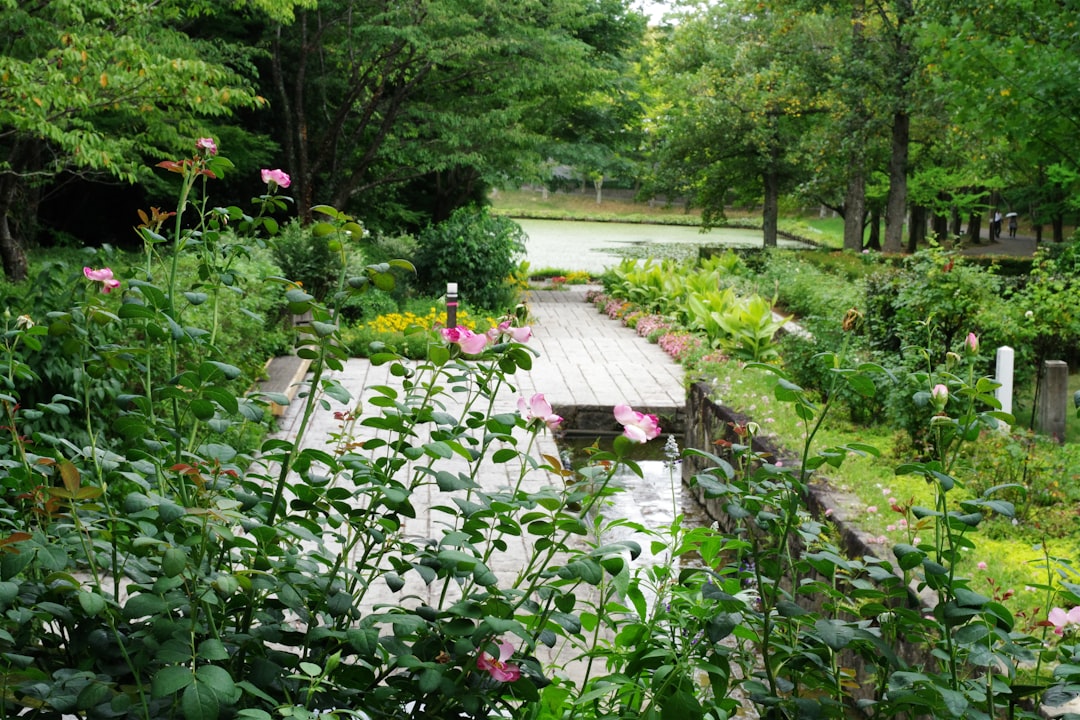The Hidden Dangers of Baking Soda in Your Garden and Better Alternatives

Gardening is a rewarding hobby that allows us to connect with nature and grow our own beautiful plants. However, there are many myths and misconceptions about what can help our gardens thrive. One such myth is the use of baking soda for plants. While it may seem like a harmless and inexpensive solution, baking soda can actually cause more harm than good in your garden.
First, let's understand why some people think baking soda is beneficial for plants. Baking soda, also known as sodium bicarbonate, has been touted as a natural fungicide and pest repellent. It is believed to help control powdery mildew, a common fungal disease that affects many plants. The theory is that the alkaline nature of baking soda can change the pH of the plant's surface, making it less hospitable for fungi and pests.
However, the reality is that using baking soda on plants can have several negative consequences. One of the main issues is that baking soda can alter the soil pH. Most plants prefer a slightly acidic to neutral soil pH. When you apply baking soda, it can make the soil more alkaline over time. This change in pH can affect the availability of nutrients in the soil. For example, iron, manganese, and zinc are less available to plants in alkaline soil. As a result, your plants may suffer from nutrient deficiencies, which can lead to stunted growth, yellowing leaves, and poor overall health.
Another problem with using baking soda is that it can damage the plant's leaves. When baking soda is sprayed on the leaves, it can cause burns and discoloration. This is especially true if the solution is too concentrated or if it is applied during hot, sunny weather. The leaves may develop brown spots or become brittle, which can reduce the plant's ability to photosynthesize and produce energy.
Furthermore, baking soda may not be as effective as claimed in controlling fungi and pests. While it may have some short - term effects on powdery mildew, it is not a long - term solution. Fungi can develop resistance to baking soda over time, and it may not work against other types of fungal diseases or pests. In addition, baking soda can also harm beneficial insects and microorganisms in the soil. These organisms play a crucial role in maintaining a healthy garden ecosystem, and their loss can have a negative impact on plant growth.
So, if baking soda is not a good option for your garden, what are the safer alternatives? One of the best alternatives for controlling fungal diseases is neem oil. Neem oil is a natural, organic product derived from the neem tree. It has antifungal, antibacterial, and insecticidal properties. Neem oil works by disrupting the life cycle of pests and fungi, preventing them from reproducing and causing damage to your plants. It is also safe for beneficial insects and can be used on a wide variety of plants.
Another great alternative is compost tea. Compost tea is made by steeping compost in water and then straining the liquid. It is rich in beneficial microorganisms, such as bacteria, fungi, and protozoa. These microorganisms can help improve soil health, suppress diseases, and enhance plant growth. Compost tea can be sprayed on the leaves or applied to the soil as a drench. It provides a natural and sustainable way to nourish your plants and protect them from pests and diseases.
For pest control, you can also use companion planting. Companion planting involves growing different plants together that have beneficial relationships. For example, marigolds are known to repel nematodes, which are microscopic worms that can damage plant roots. Basil can help repel mosquitoes and flies, and it also enhances the flavor of tomatoes when planted nearby. By carefully choosing which plants to grow together, you can create a natural pest - control system in your garden.
In conclusion, while baking soda may seem like a simple and inexpensive solution for your garden, it is important to be aware of its potential drawbacks. The negative effects on soil pH, plant leaves, and the garden ecosystem outweigh any possible benefits. Instead, opt for safer and more effective alternatives like neem oil, compost tea, and companion planting. These methods will not only help your garden thrive but also ensure a healthy and sustainable environment for your plants.